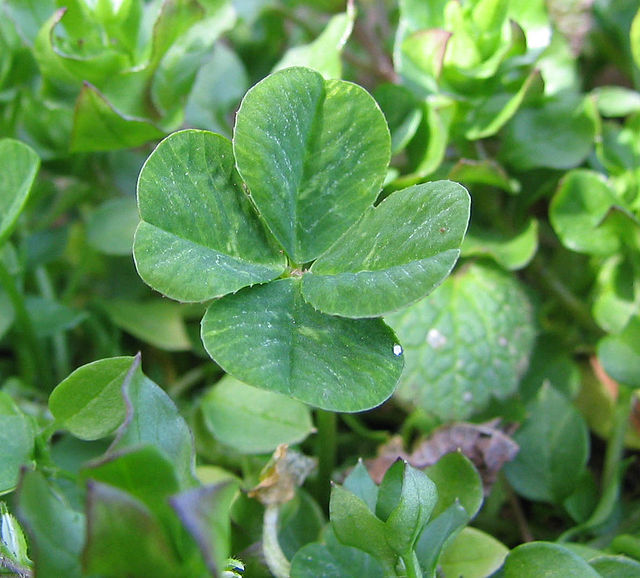In Japanese mythology, the Seven Lucky gods or Seven gods of Fortune are believed to grant good luck and are often represented in netsuke and in artworks. One of the seven (Jurōjin) is said to be based on a historical figure.
Netsuke depicting the Seven gods of Fortune, on display at Bern Historical Museum
From left to right: Hotei, Jurōjin, Fukurokuju, Bishamonten, Benzaiten, Daikokuten, Ebisu
The Seven Lucky Gods at Watatsumi Shrine in Tarumi-ku, Kobe
Brooklyn Museum - Shibata Zeshin (Japanese, 1807−1891). Seven Gods of Good Luck, c. 1885
Luck is the phenomenon and belief that defines the experience of improbable events, especially improbably positive or negative ones. The naturalistic interpretation is that positive and negative events may happen at any time, both due to random and non-random natural and artificial processes, and that even improbable events can happen by random chance. In this view, the epithet "lucky" or "unlucky" is a descriptive label that refers to an event's positivity, negativity, or improbability.
In Western culture, a four-leaf clover, a rare variant of the shamrock, is often considered to bestow good luck.
1927 advertisement for lucky jewellery. "Why Be Unlucky?".
Maneki-neko with Seven Lucky gods
A horseshoe on a door is regarded a protective talisman in some cultures.








